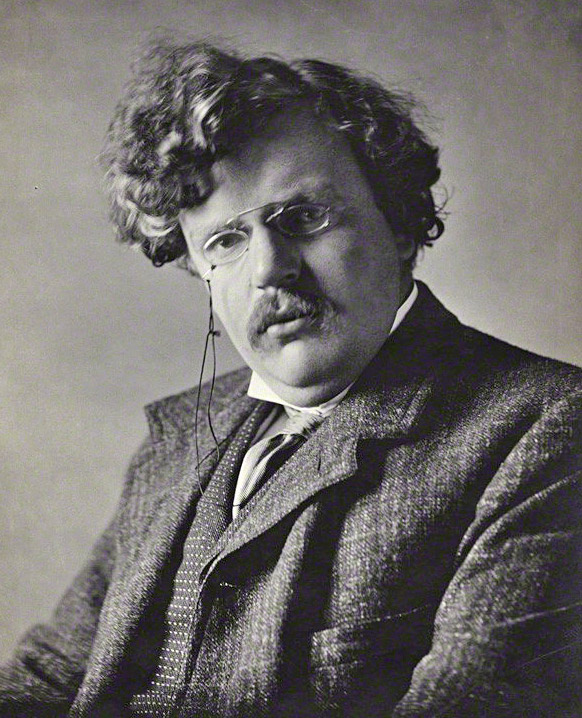The conversation at Parent Traditio this month centered on twenty-one resolutions penned by the early American Congregational minister Cotton Mather entitled "A Father's Resolutions." Each resolution contains practical guidance for Christian parents who aspire to - with God's grace - raise their children in the paideia or nurture and admonition of the Lord.
The original text is available here but the text below has been modernized by the folks at The Cross Church of Pensacola and is available on their blog here.











